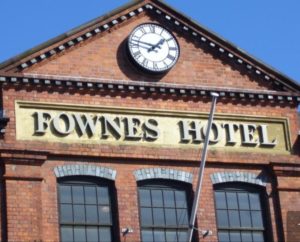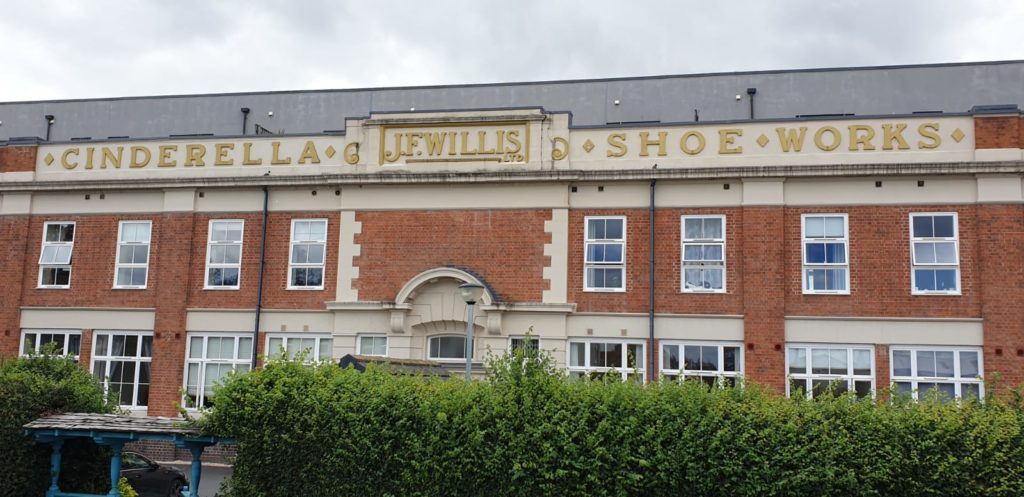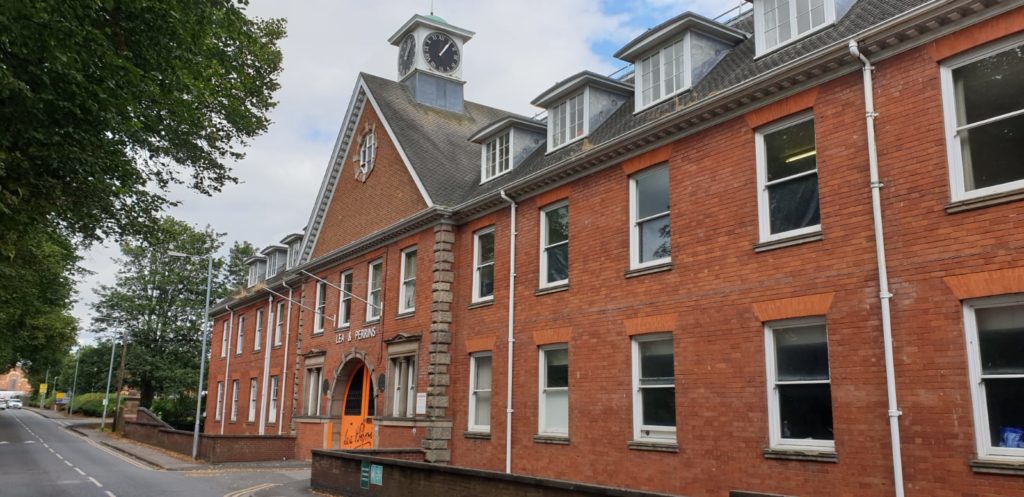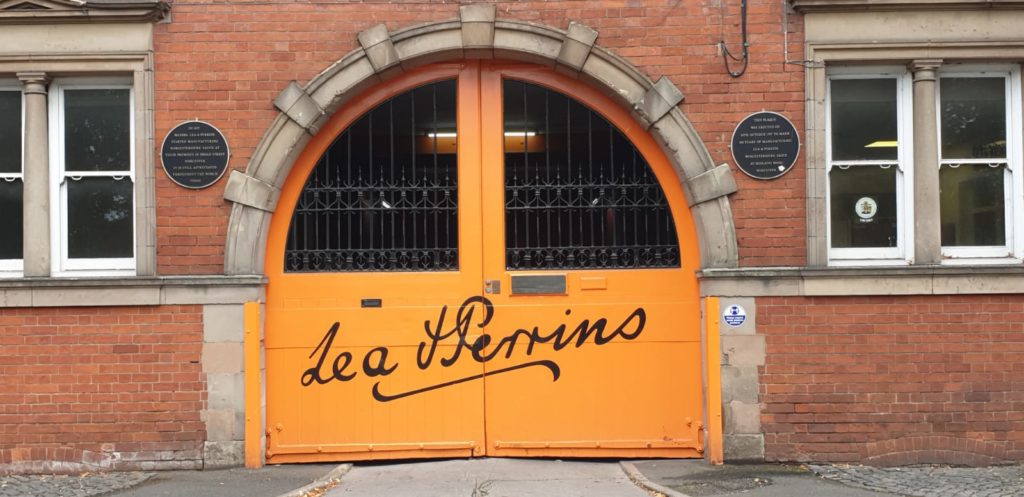A short history of manufacturing in Worcestershire
I may have written in the past about my love for my home City of Worcester. Visiting potential clients this summer has given me the opportunity to look up at the architecture and explore some of the history behind the buildings in and around Worcester city centre and further across the County of Worcestershire. It shows Worcestershire to be at the centre of many different industries, with many companies making use of its placement in England’s heartland to form trade connections with the whole country and beyond.
Pre-Industrial Worcestershire
Worcestershire’s manufacturing prowess did not develop in a vacuum. For centuries, raw materials in the area have been utilised and economical trading links developed with the whole of Europe. An easy example of this is from Roman Britain. The salt mines at Droitwich Spa were the centre of salt production; the Roman road running through the town connected the area to the rest of the Roman Empire. This industry was also mentioned during the Doomsday Survey.
It was really during the 16th century that Worcestershire saw the beginnings of manufacturing as we would start to understand it. The industry was managed by guilds, rather than what we would understand to be “companies” or “businesses” nowadays, but upwards of 8000 people were involved in the production and distribution of cloth.
Other major industries in the region included glasswork in Stourbridge. By the 1700s glass manufacturing and iron smelting were already well established and populations in the urban areas had grown with an influx of labour. The region was set for an explosion in manufacturing of all types.
The Industrial Revolution
It was the building of the canal system during the 1790s that really propelled Worcestershire into the Industrial Age. The canals increased the capacity for trade and allowed businessmen to capitalise on the manufacturing skills that had developed in the region. This proved to be the catalyst that the area needed.
From this point, the region saw the start of “companies” as we would understand them springing up. Some are so successful they are still in operation today. Here are just a selection of the key industries that flourished in the area.
Glove Making
Glove making was at its peak in the 1700s with over 150 manufacturers in and around Worcester. Over half the gloves made in Britain were made here! This included Dent’s, who produced the Queen’s coronation gloves, Fownes and Milore. The Fownes building is still in use as a hotel today.

Porcelain
Of course, no discussion of 18th-century industry in the Midlands would be complete without talking about Porcelain.
Worcester Porcelain was founded in 1751 by a group of businessmen and then earned the prestigious royal warrant in 1789. This enabled Royal Worcester Porcelain to thrive and go on to celebrate 250 years of trading in 2001. In 2009 it was purchased by Portmeirion Pottery, and the Worcester based factory closed.
A museum still exists on this site, along with new thriving businesses, such as Piston Gin, occupying the renovated buildings, and so the cycle of manufacturing continues.
The Victorian Age
Boots and Shoes
Boot and shoe manufacturing was a thriving industry in Worcester during Victorian times, one of the largest firms was run by the Willis family, right up until the 1970s. The frontage of this building remains today, repurposed into apartments.
Condiments
However, some manufacturers have stood the test of time, I do not think I can write about Worcester’s manufacturing history without mentioning the famous product that is Worcestershire Sauce, first produced by two chemists John Wheeley Lea and William Perrins and going on sale in 1837, the recipe remains a secret.
Although the company was bought by Heinz brand in 2005, it has been produced at the factory, in Midlands Road, Worcester, since 1897. Each bottle is left to mature for 18 months; you can smell it in the air around those bright orange doors. Cleaning Technique can boast its own connections to the company, as the founder of our own business, my mum, provided cleaning services for them, many years ago.
20th Century
Cars
A little further afield beneath the Malvern Hills, is the Morgan Motor Company. It was founded by Henry Frederick Stanley Morgan, in 1909, when he first created the iconic three-wheeler model. They still produce traditional hand-built cars, with ash, aluminium and leather, and despite having a minority stake in the company since 2019, the Morgan family are still very much involved and steward the brand. I love this quote from them
“Our family atmosphere extends beyond the actual Morgan family, through to our employees, customers and dealerships, we endeavour to be an honest and personal company”
21st Century
As we have talked about before in our blog, we do not believe that the end of many of these businesses in the region has signalled the death knell for the county. Like the introduction of the canal system so many hundreds of years ago, the coming of the HS2 will inevitably lead to a surge in new businesses in the area as interconnectivity with the rest of the country improves. Once again, improved infrastructure will capitalise on the huge skill set and entrepreneurial spirit in the region.
We are proud to provide cleaning services to clients within varied manufacturing industries, some that occupy historic buildings some in the newer manufacturing units around Worcester. Worcestershire has a great future, and we are looking forward to it.
If you are a business owner living in and around the Worcestershire region and are thinking of engaging professional cleaning services, contact us for a free consultation and let us help your business survive and thrive in this wonderful county of ours.






